The Renewable Electricity Support Scheme (RESS) fails to recognise the value of technologies such as biomass and biogas and is biased towards wind and solar.
This is according to the Irish Bioenergy Association (IrBEA), which recently articulated this frustration in its response to the consultation for the second phase of the scheme.
In a statement to the Irish Farmers Journal, IrBEA said the additional value of renewable electricity generated from bioenergy in terms of continuous supply and grid stability is not recognised in the RESS system.
The RESS 2 consultation document did not contain details of any specific category allocation for bioenergy projects including biomass and biogas similar to how solar got a preferential category in the last RESS auction.
Biased
“RESS auctions are intended to be technology neutral, but are biased towards technologies that provide a low MWh cost only.
"Bioenergy cannot compete on a cost-only basis with other intermittent electricity sources such as wind and solar,” said IrBEA CEO Seán Finan.
“The current maximum offer price is also a limiting factor and precludes bioenergy generation.
"It seems that no value is currently placed on continuous generation, grid stability and the additional environmental, financial and social benefits that bioenergy generation could provide.
"This may prove detrimental, if not addressed, to the Irish power grid and economic growth,” he continued.
Certainty
"A developer considering a wind or solar project has a degree of certainty that the RESS will be a potential support for their project.
"This gives confidence and allows investment by the developer in project development costs.
"The market needs to be provided with some level of assurance around future support through RESS for cogeneration (CHP) bioenergy projects for them to develop,” the statement reads.
Finan continued: “Bioenergy projects do not have the same certainty. As a result, it’s difficult for the project pipeline to develop.
"The Department of Environment, Climate & Communications (DECC) and Minister Ryan need to signal their future intentions immediately regarding specific support for bioenergy through the RESS auction system.”
“The Department has indicated that there will be a separate RESS offshore wind auction in the short term. Why can’t there be a separate RESS bioenergy auction also?” he said.
Growing demand
The challenge of an increasing demand for electricity through a forecasted growth of electrification will require all potential generation technologies to contribute.
Significant planning will be required in terms of continuous generation, supply balancing and storage of electricity.
“Ireland has great potential for variable sources such as wind and solar. Generation capacity can be increased considerably with these technologies. However, the wind does not always blow and the sun always shine,” he said.
“A range of renewable generation technologies will be required to meet renewable electricity targets. This needs to include bioenergy-based cogeneration,” Finan concluded.



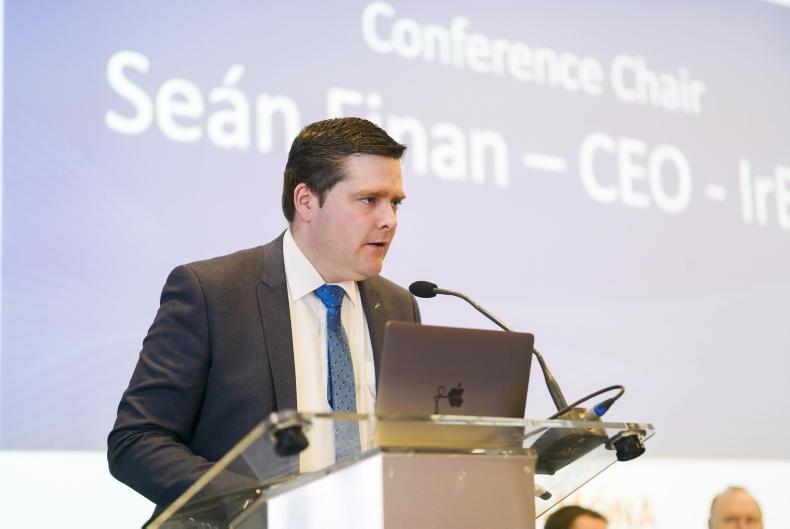

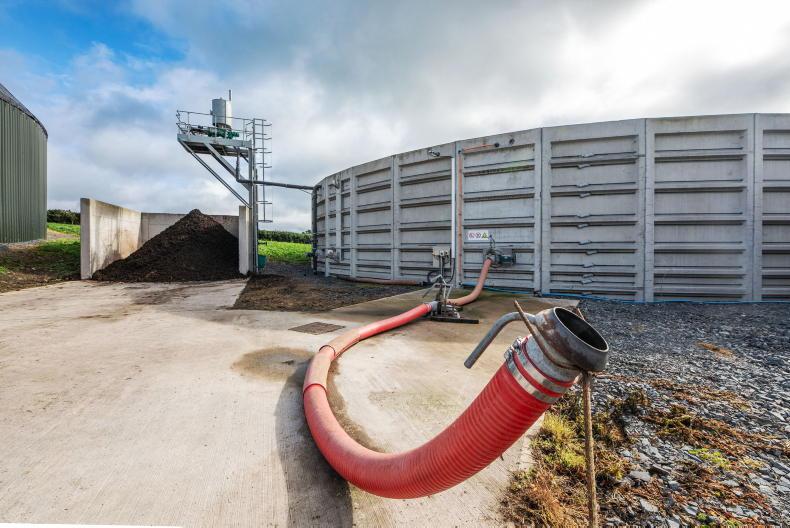

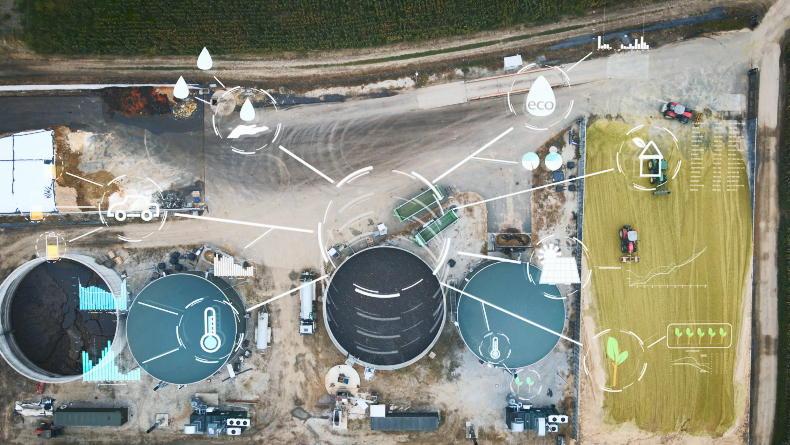
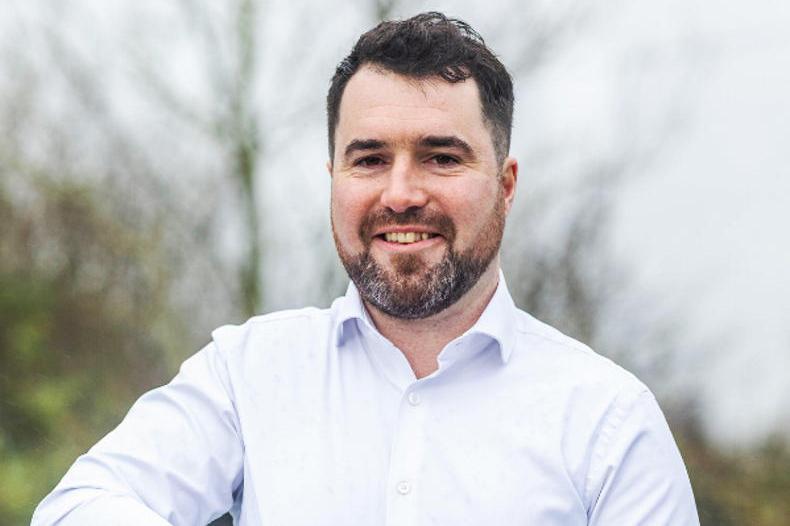
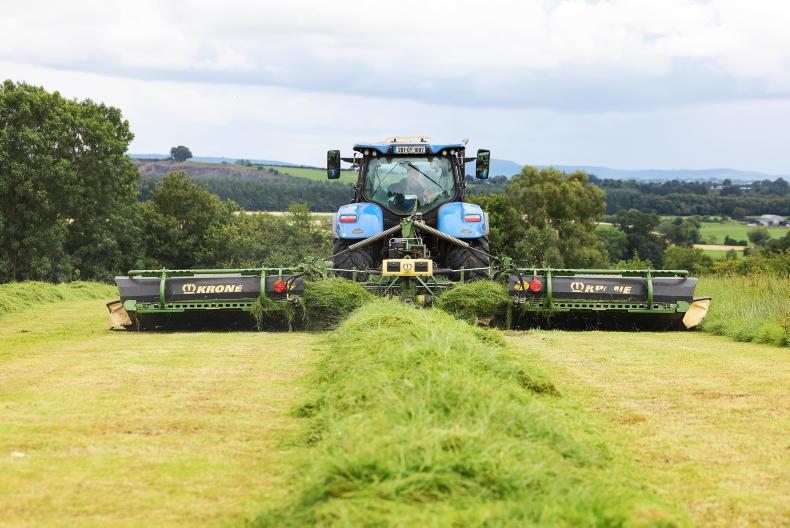
SHARING OPTIONS